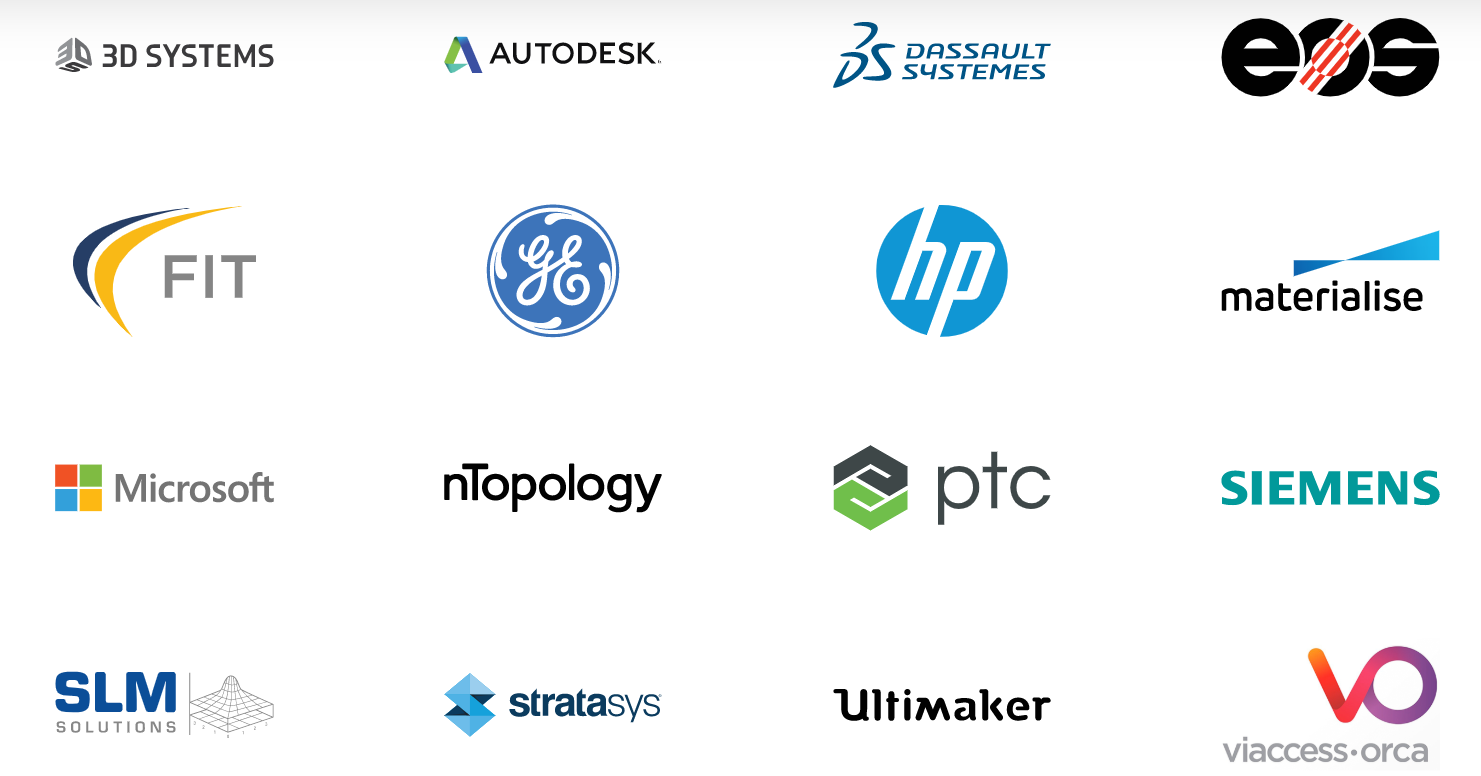The 3MF Consortium, which has worked towards the development of a universal 3D printing specification since 2015, has announced that it will be joining the Linux Foundation as an open standards project. The organization behind the 3MF file format will also be moving forward with a new executive director, Luis Baldez, who is set to replace original co-creator Adrian Lannin. While the substitution is a major one, Lannin will remain a strategic advisor to the Consortium.
Luis Baldez, new executive director of the 3MF Consortium, explains: “The 3MF Consortium has done the important work to create an open standard for 3D printing. The time is now to drive the evolution of 3MF from development to adoption. We would not be where we are today without Adrian Lannin’s leadership and contributions, and we’re looking forward to his insights as our ongoing advisor.”

Technical innovation in 3D printing
Baldez’s role at the 3MF Consortium will involve overseeing the development of new functionalities with the ultimate goal of expanding upon the technical progress already achieved with the 3MF file format. During his time as the executive director, he will aim to mature some of the standards already developed to the implementation and adoption phase. He is a long-time veteran in the industry with extensive experience in R&D and technology business development with companies such as HP.
Alex Oster, chairman of the 3MF technical working group, adds: “Luis is a longtime champion of open standards and is an expert in the 3D printing space. Luis’ leadership and our collaboration with Linux Foundation will accelerate our work on 3D printing and help us build an even more vibrant network of contributions.”
3D Manufacturing Format specifications
The 3MF Consortium has grown rapidly since its inception with new members and investments every year. Its work has been implemented into nearly 40 products across 22 companies in the industry to date, with support from key players such as 3D Systems, Autodesk, and GE.
The specification itself is made up of six extensions including core, production to slice, material, property, beam lattice, and security. Security is the most recently released and adds an internal mechanism of payload encryption for sensitive data in line with modern web standards.

The topic of universal standards is a long-discussed one in additive manufacturing and is crucial in the advancement of the technology. Last year, 3MF collaborated with the Printer Working Group to establish Internet Printing Protocol (IPP) standards specifically for 3D printing. The agreement aims to simplify 3D printing across devices by extending the existing protocol to any capable 3D printing device.
Elsewhere, in Munich, certification firm TÜV SÜD recently brought together a group of high-level additive experts to discuss the implementation of industrial additive manufacturing with standards. The conference explored ways in which to advance the various areas of 3D printing, including process chains, materials, and hardware.
Subscribe to the 3D Printing Industry newsletter for the latest news in additive manufacturing. You can also stay connected by following us on Twitter and liking us on Facebook.
Looking for a career in additive manufacturing? Visit 3D Printing Jobs for a selection of roles in the industry.
Featured image shows 3MF 3D model. Image via 3MF.



